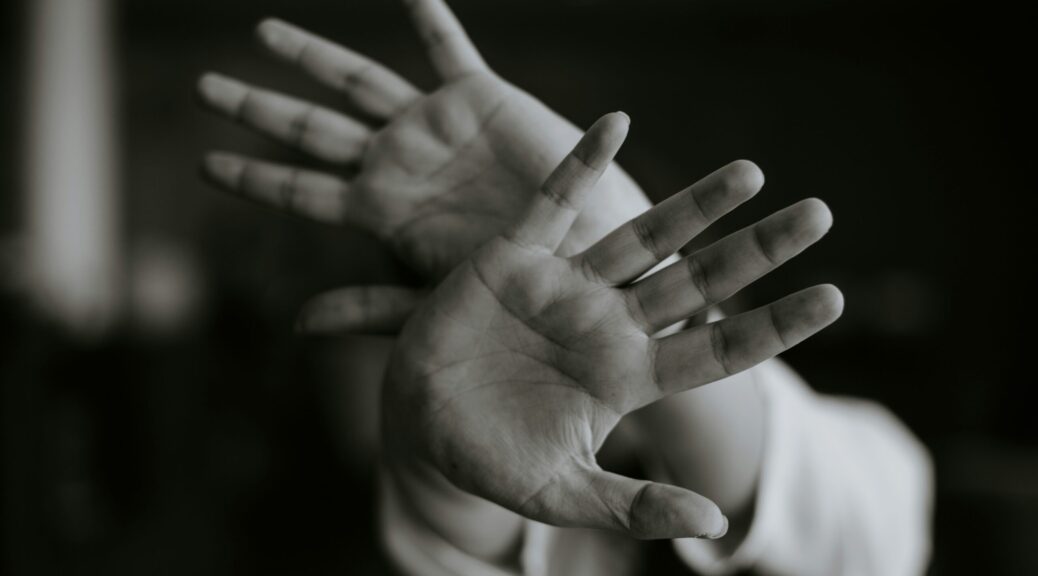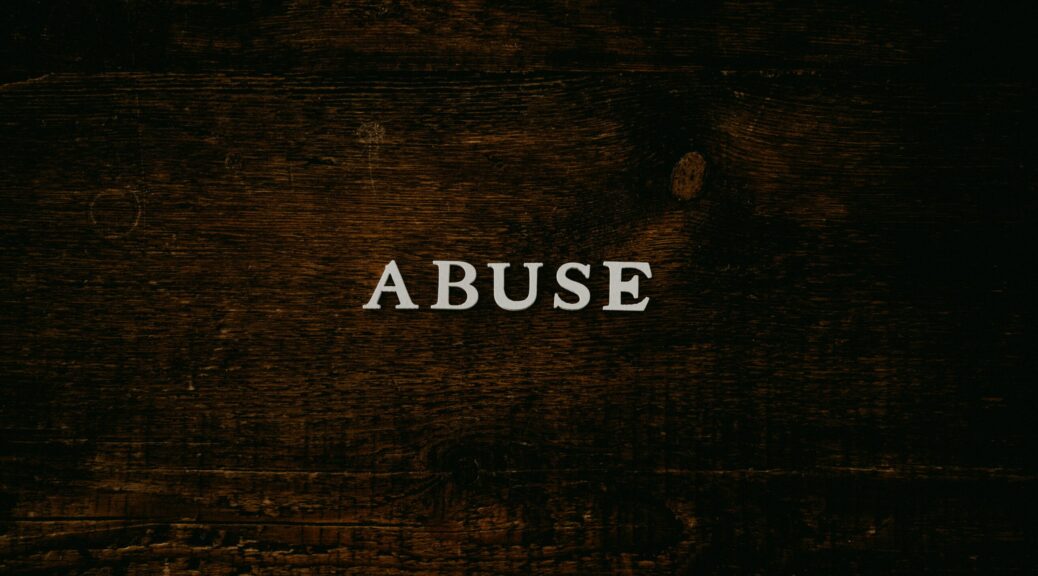Today’s story is about “Toni” and the point her story makes as we look back on October, National Domestic Violence Awareness Month.
ME: Good morning, Toni. How was your weekend?
TONI: (Subdued) Okay, I guess.
ME: Wait, are you okay? Is that a bruise on your forehead. Did you take a fall?
TONI: No, my husband beat me up again. Yesterday he hit me upside my head with the Holy Bible. Can you believe it?
ME: Oh my! I, uh, I’m so sorry, and…
TONI: Thanks for asking. I’ll be okay. This is my second marriage, and like my ex-husband, this husband beats me up too. The story of my life is that I seem to attract abusive men.
Continue reading “Toni,” what else could I have done? – by Terry Howard →







